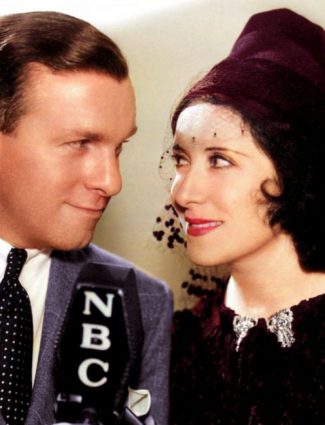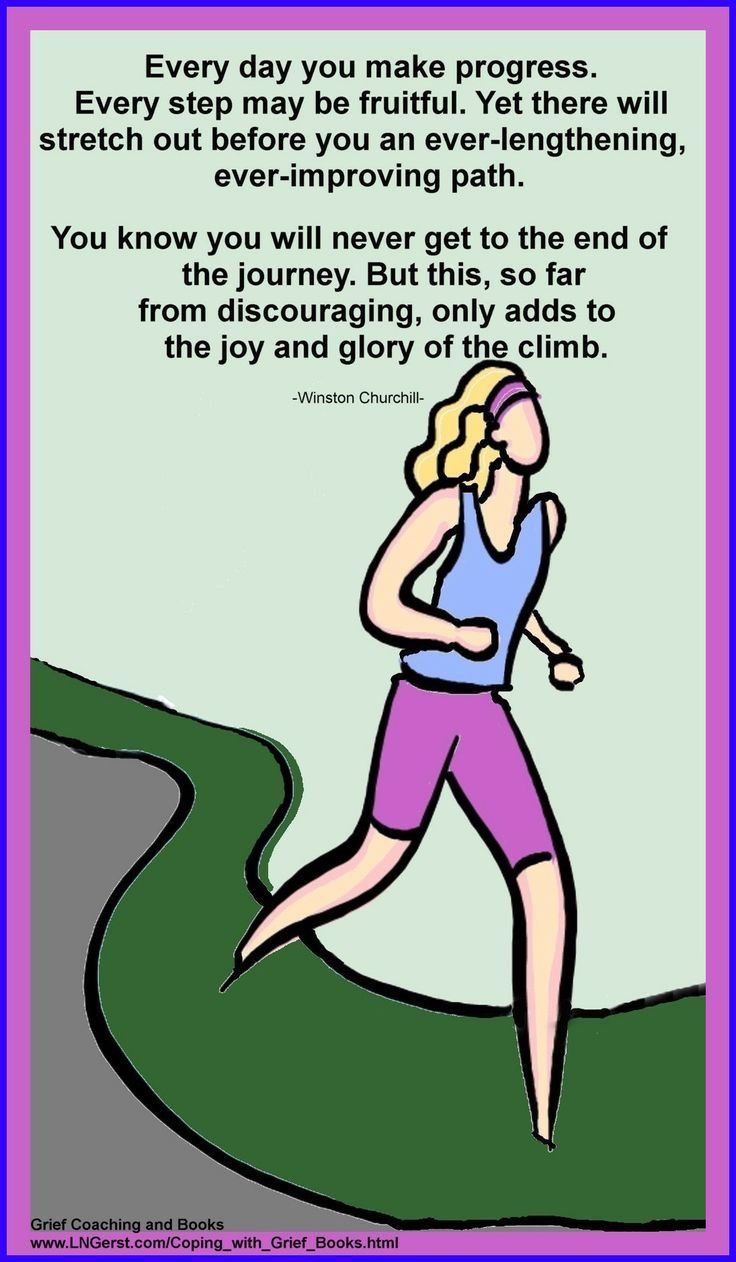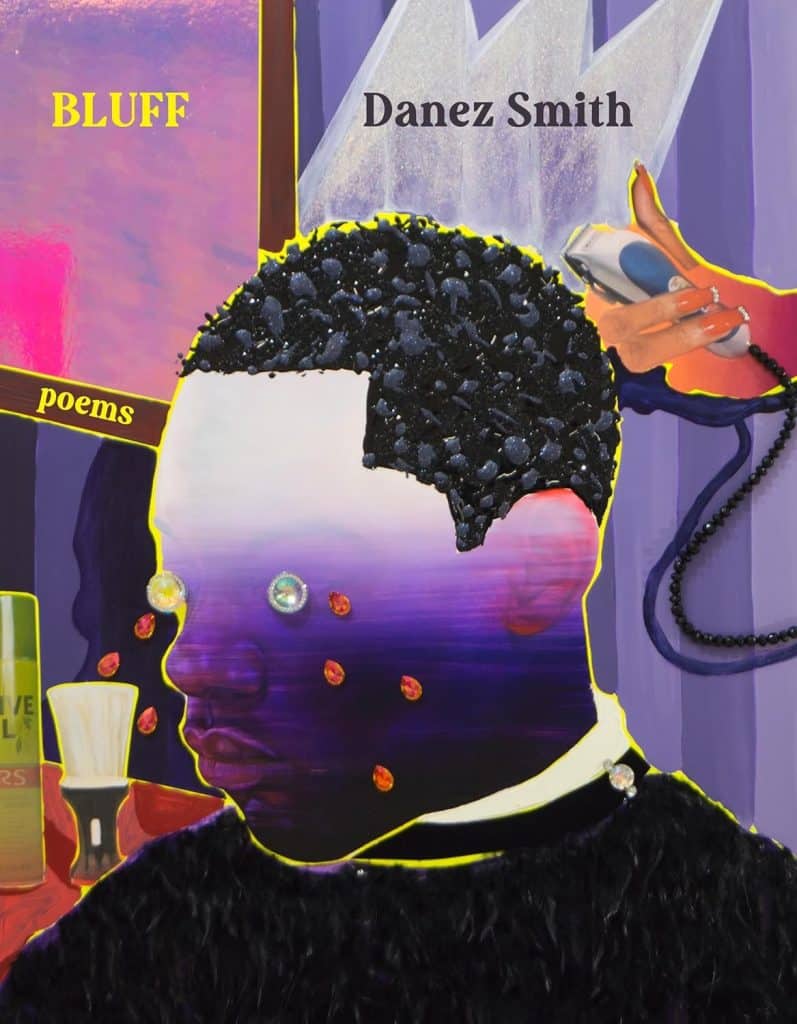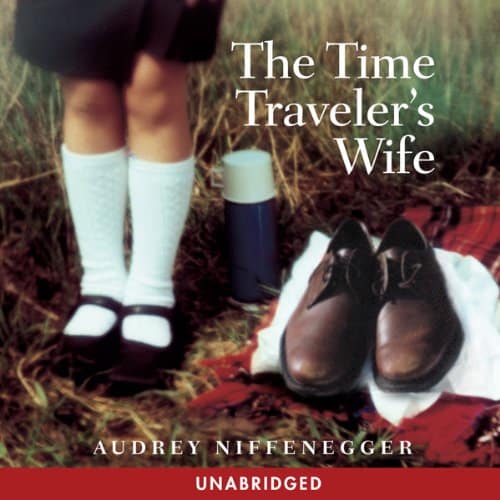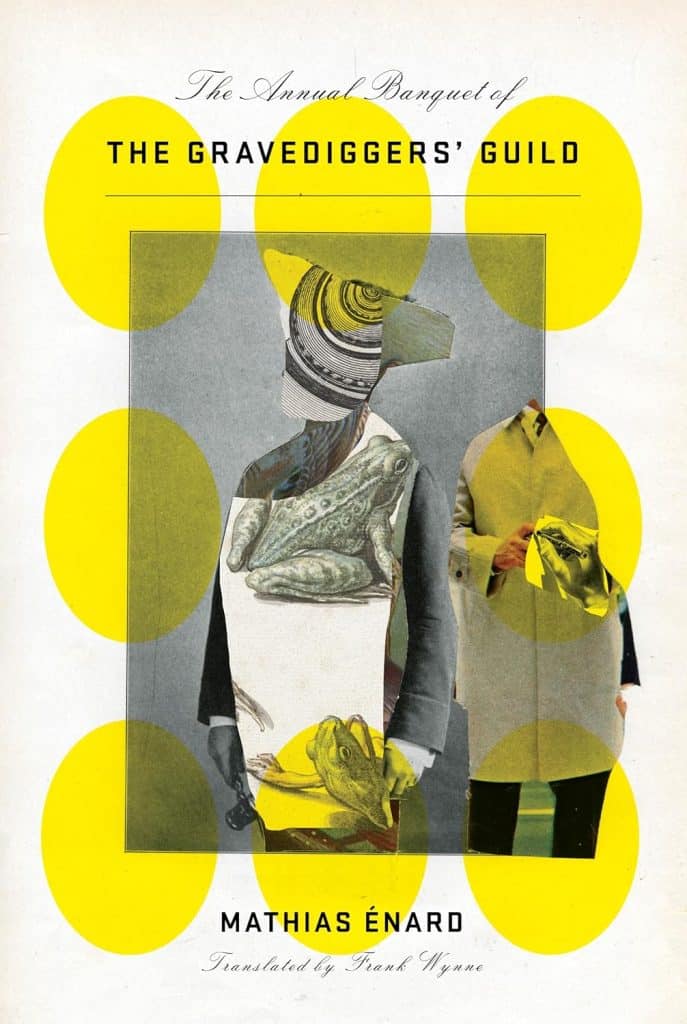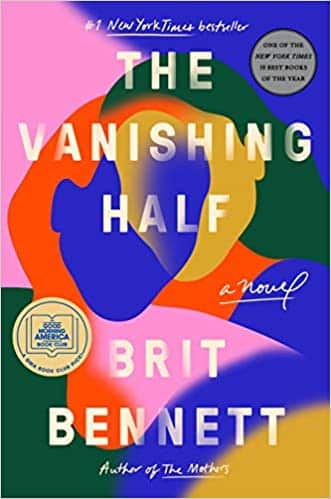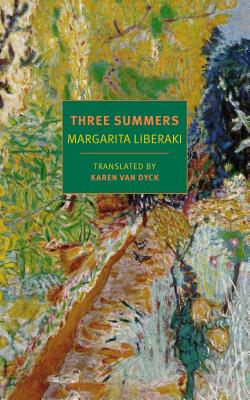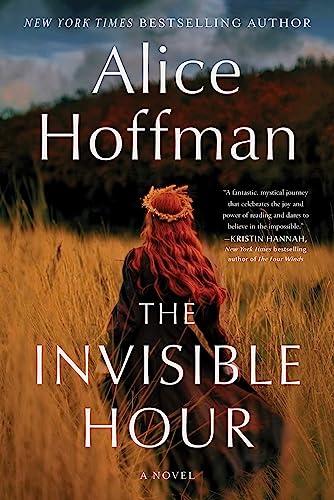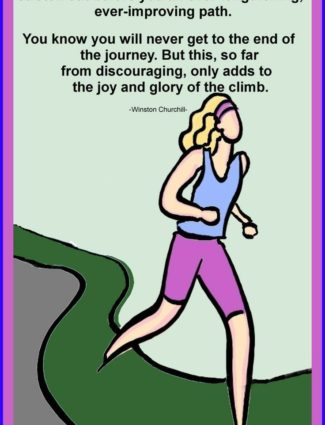
You Can’t Hurry Grief
Estimated reading time: 0 minutes, 58 seconds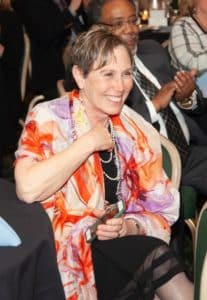 Grief’s hold on each of us is how we remember the pain of mourning.
Grief’s hold on each of us is how we remember the pain of mourning.
It has been sixteen and one-half months since Jan died.
I wake up every morning alone.
I miss Jan more than ever.
Today I am getting my Flu shot and my third COVID booster.
If only they could create a vaccination for grief.
But as Sigrid Nunez writes in The Friend: A Novel,
You can’t hurry, love, as the song goes. You can’t hurry, grief, either.
As painful as my grief journey has been, it reminds me of how much Jan and I loved each other.
Just as Jan and I did not rush our love, I will not rush my grief!
She is still with me, and our love will never die.
The Jan Lilien Education Fund sponsors ongoing sustainability and environmental awareness programs. Gifts made this month; I will match dollar-for-dollar. All donations are tax-deductible.
I receive a commission when you buy a book or product using a link on this page. Thank you for supporting Sharing Jan’s Love blog.
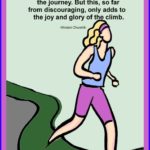
You Can't Hurry Love
Estimated reading time: 0 minutes, 58 secondsThe Supremes “You Can’t Hurry Love” was performed on “The Ed Sullivan Show” on September 25, 1966.


